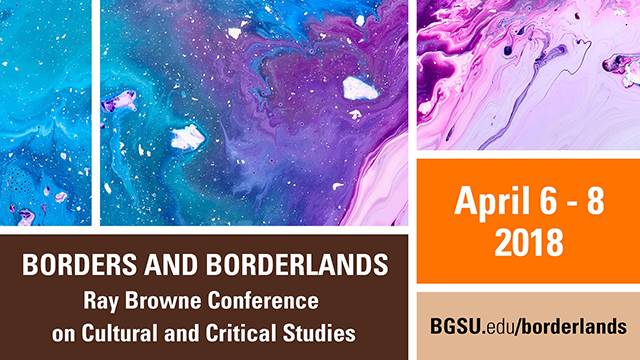
Concurrent Panel Session Ten
Start Date
8-4-2018 1:00 PM
End Date
8-4-2018 1:50 PM
Abstract
The criminal justice system has a race problem. Data shows that racial disparities exist within corrections. The numbers of minorities that are entangled within the courts, the number of arrests made by police and the numbers of unarmed blacks who have recently been killed by the police, support the notion that who have been given a pass by county prosecutors and states attorneys. Effective targeting of African-Americans and those of color (hot spots policing) by the police officers is an important component which needs further examination. To fulfill this gap in the literature, this study will analyze the perspective of the police officers when they interact with people of color.
In addition, according to Starratt (1991), there are three ethics that should be addressed: the ethic of critique, the ethic of justice, and the ethic of care. Ethics gives the necessary information needed to make choices with the full understanding of the consequences so that the circumstances that one seeks to achieve are more balanced.
Lastly, Unconscious or implicit racism and prejudice are racial biases that individuals are not consciously aware of and that are a result of the socialization process and exposure to racial stereotypes through the media and their social environment.
Hence, this study aims to understand the perspective of the police officers through the lens of ethics and provide pedagogical recommendations that will assist future research.
Keywords
Race and ethnicity, racial profiling, policing, ethics
Included in
Ethics and the Policing of African Americans and Those of African Descent in America
The criminal justice system has a race problem. Data shows that racial disparities exist within corrections. The numbers of minorities that are entangled within the courts, the number of arrests made by police and the numbers of unarmed blacks who have recently been killed by the police, support the notion that who have been given a pass by county prosecutors and states attorneys. Effective targeting of African-Americans and those of color (hot spots policing) by the police officers is an important component which needs further examination. To fulfill this gap in the literature, this study will analyze the perspective of the police officers when they interact with people of color.
In addition, according to Starratt (1991), there are three ethics that should be addressed: the ethic of critique, the ethic of justice, and the ethic of care. Ethics gives the necessary information needed to make choices with the full understanding of the consequences so that the circumstances that one seeks to achieve are more balanced.
Lastly, Unconscious or implicit racism and prejudice are racial biases that individuals are not consciously aware of and that are a result of the socialization process and exposure to racial stereotypes through the media and their social environment.
Hence, this study aims to understand the perspective of the police officers through the lens of ethics and provide pedagogical recommendations that will assist future research.

